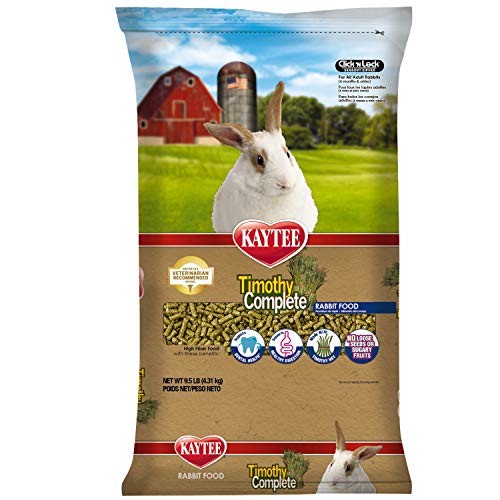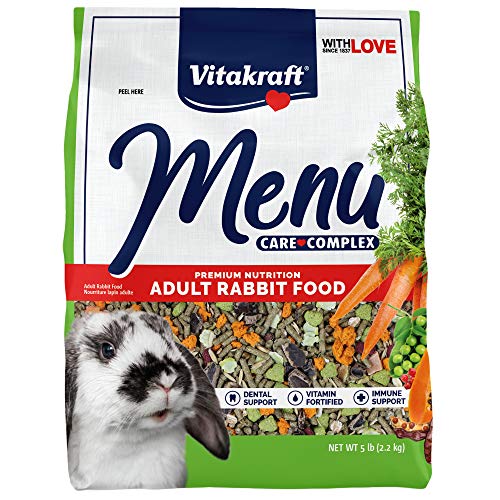WARNING: ESBILLAC PUPPY POWDER SHOULD BE AVOIDED AT THIS TIME. The latest batches of powder can be deadly.
Pet-Ag has made a change in the way they produce their formula which has resulted in some major problems both with the nutrition level and with the high levels of copper (a heavy metal). It causes "blow out diarrhea" and death. We have lost more wildlife this year due to formula problems than we ever have. KMR or Goat's Milk does not contain proper nutrition. The formula we use for cottontails is Fox Valley 32/40
http://www.foxvalleynutrition.com It can be mixed with Fox Valley's Ultra Boost Powder to make a suitably nutritional formula. We also use Bene Bac (a probiotic) as well as BioSponge....this helps manage any bacterial toxins during the GI conversions at wean.
"Pinkies" should be fed 8-10% of their body weight 4X per day. We start reducing the feeding times about 5 days old (maybe a little longer for domestics) and eventually go to 2X per day. Formula should be warm to the touch (100F). They should be fed on their back. Rabbits are difficult to hand feed and we usually "tube" the true pinkies to prevent aspiration. Your major problem is establishing the bacterial population and managing the pH conversion just prior to weaning. If you have any wildlife rehabbers in the area that work cottontails, they might be a good source of information and help to you (we routinely assist with domestic babies). The only real difference in hand raising a cottontail vs. a domestic is that the cottontails weans faster and more violently. And some breeders will allow you to place your babies with a lactating doe....and that makes things much easier. And make sure you stimulate them for the potty stuff.
They also can't thermo-regulate until after their eyes open so they should get supplemental heat.
Good luck.
Randy









































































